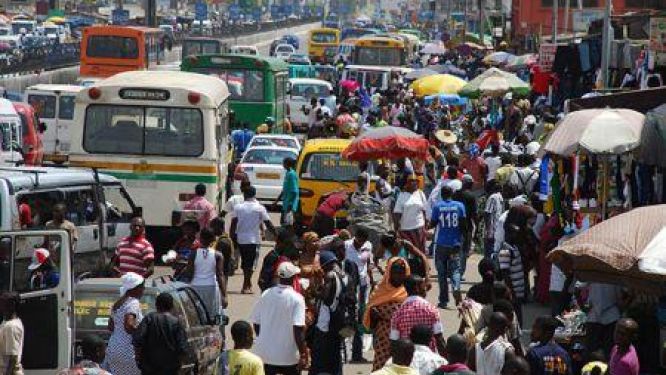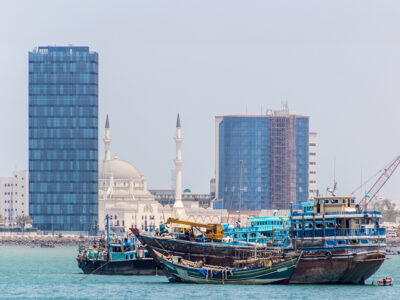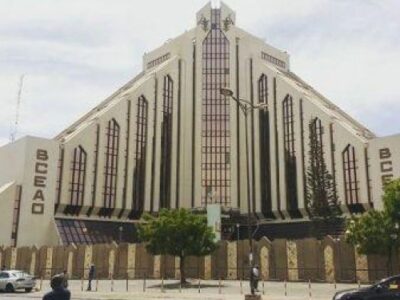
(Ecofin Agency) – For the second consecutive year, the share of official development assistance attracted by Sub-Saharan Africa has declined. This imbalance reinforces the position of those who believe the continent should focus on financing its development goals by itself.
In 2022, official development assistance (ODA) from Development Assistance Committee (DAC) members reached a record $204.0 billion, according to provisional data released by the Organization for Economic Cooperation and Development (OECD). This represents a 13.6% increase year-on-year.
Despite that growth, the share going to Africa dropped, causing concerns and raising questions about the solidarity messages always delivered by rich countries. Indeed, although the ODA to some African countries rose in 2022, the net ODA to Sub-Saharan Africa fell by 7% in real terms from $36.6 billion in 2021 to $34 billion. This is the third consecutive decline since the 2019 peak and is its lowest level since 2010, according to data accessed by Ecofin Agency.
Some observers attribute that net decline in part to the COVID-19 pandemic that caused budgetary pressures in donor countries. This argument is a valid one but, this could also be seen as a double standard in aid delivery. The fact is, the aid received by Ukraine in the first year of its war with Russia reached $16.1 billion. This is almost half of the ODA received by Sub-Saharan Africa and 7.8% of global ODA in 2022.
This situation and UNCTAD data on illicit financial flows reinforce views that Africa is a net creditor. In 2021, UNCTAD estimated that Africa loses nearly $90 billion of its financial resources to jurisdictions that are mostly located in DAC countries.
OECD data also shows that many countries -like France, the United Kingdom, and Belgium- that present themselves as Africa’s partners and have complex histories with the continent have not met their ODA targets, i.e. 0.7% of their Gross National Income. Only Germany, Nordic countries, and Luxembourg have met those targets.
The figures give further credence to those who believe that Africa will have to continue to draw on its resources to finance its development. While Africa is currently suffering the consequences of situations for which it and its leaders are in no way responsible (imported inflation, climate change, or the appreciation of the US dollar), it receives little support from the rich countries to deal with those problems.
Developed countries do not even facilitate the continent’s access to international capital markets. In the same vein, they are slow in restructuring current debts and demand reforms, like the cancelation of subsidies on essentials, which could cause social crises.










Comments